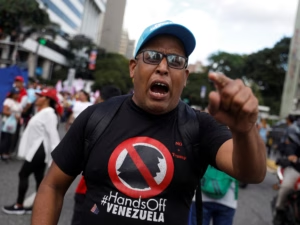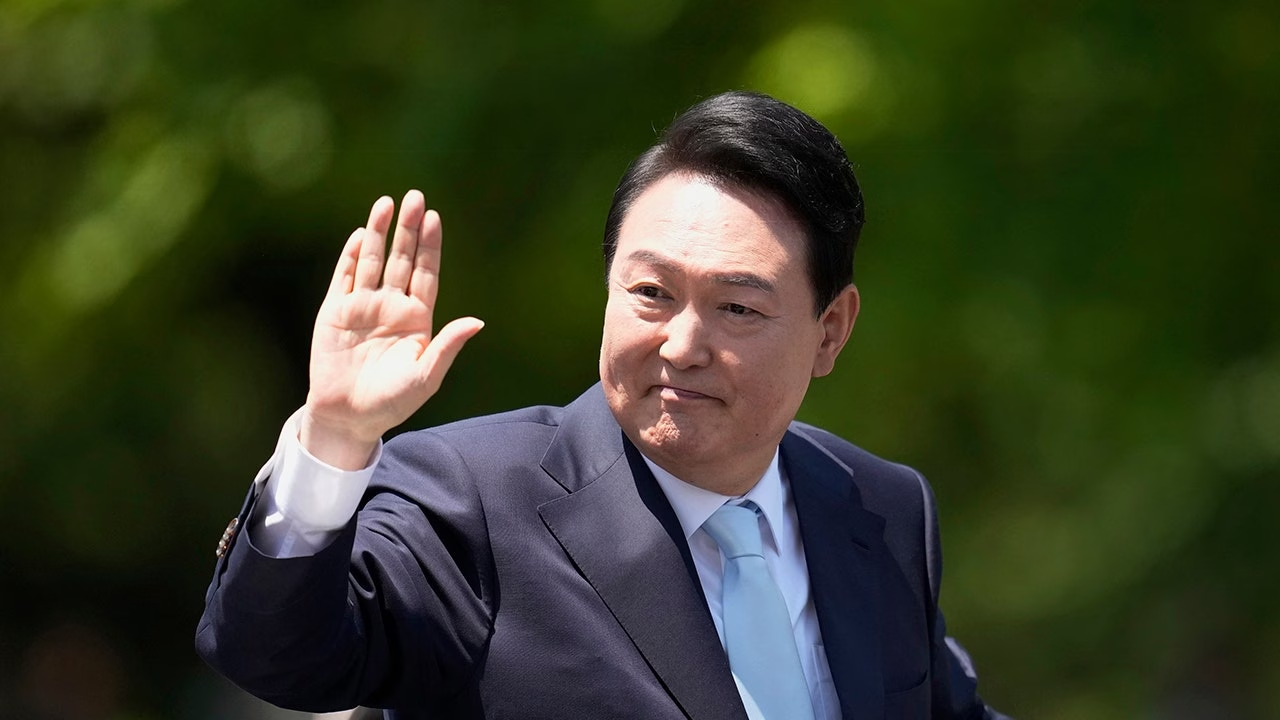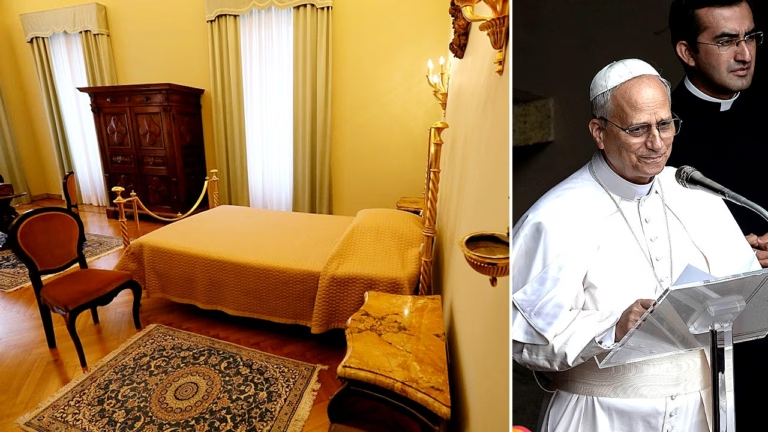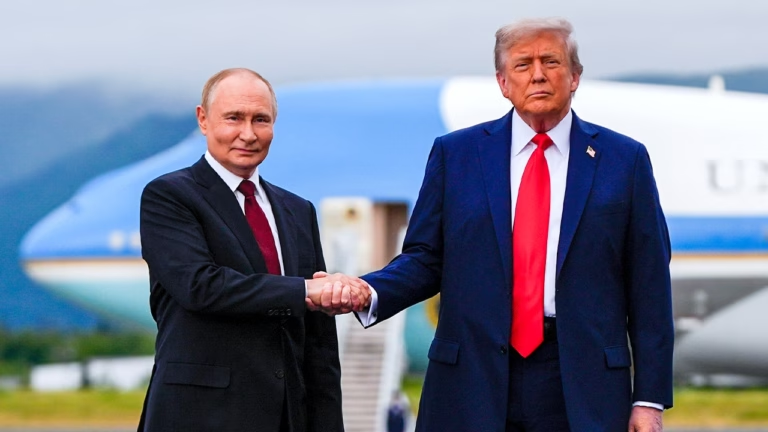In a notable week that saw French right-wing leader Marine Le Pen barred from running for office, the South Korean Constitutional Court’s removal of President Yoon Suk Yeol from office on Friday has raised eyebrows among critics, who are now looking towards Beijing’s involvement in efforts to oust the leader from power. Anna Mahjar-Barducci, the project director at the Middle East Media Research Institute (MEMRI), pointed out that Yoon’s foreign and security policies were in stark contrast to the pro-China figures traditionally supported by the Chinese Communist Party (CCP), which posed a threat to Beijing’s long-term strategy of fostering a pro-China faction in South Korea.
The CCP’s methods, according to Mahjar-Barducci, have included overt economic cooperation, political donations, covert benefit transfers, and even illicit sexual bribery to undermine U.S.-South Korea alliance and advance its influence at America’s expense. Criticisms of Yoon’s stance on increasing his country’s nuclear capacity and cooperation with the U.S. to counter the North Korean threat further fueled suspicions of Beijing’s involvement in his political downfall.
Questions sent to both the Chinese and South Korean embassies went unanswered. Many supporters of the impeached president, like Kim Min-seon, perceive the decision as a means to combat liberal opposition and external threats to South Korea’s democracy. Mahjar-Barducci emphasizes the need for South Korea to remain a strong ally of America alongside Japan, arguing that Beijing is positioning itself to win over this strategically important region. The upcoming South Korean elections could see the liberal opposition Democratic Party’s Lee Jae-myung as an early favorite, reflecting a broader global pattern of barring right-wing candidates from office.
Source: https://www.foxnews.com/world/south-korea-presidential-ouster-part-chinese-strategy-expand-regional-influence-expert-says









